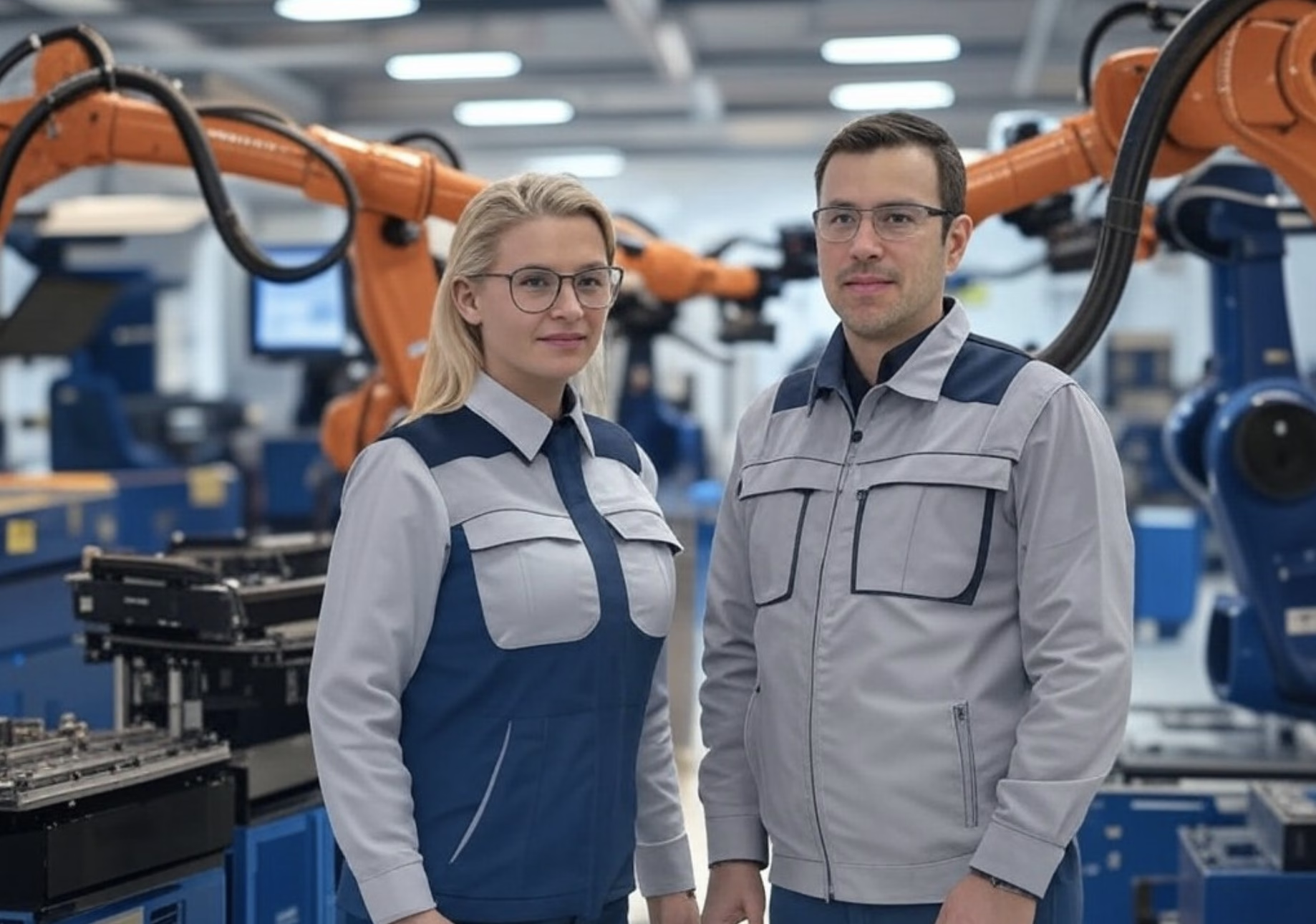By Martin H. Morrissette, Sirocco CMO – Book time with me
If you’ve ever worked with a tech vendor or consulting partner, you know success depends on collaboration. But let’s be honest, figuring out who does what (and who to contact) can feel like decoding an org chart in a foreign language. From solutions engineers to customer success managers, these roles all play a part in delivering the solutions your business needs. Understanding what they do can help you navigate partnerships more effectively and get the most value from your investment.
Take the solutions engineer, for example. SEs are the ones who make the technology make sense. When you’re evaluating a new CRM or automation tool, they translate your needs into practical demonstrations. Need to see how automation could free up your sales team from repetitive admin tasks? They’ll build a tailored proof of concept, showing exactly how it works for you. Think of them as the technical problem-solvers guiding the early stages of your journey.
Then there’s the solutions architect, who often steps in when things get more complex. While the solutions engineer focuses on short-term possibilities, the architect looks further ahead, designing systems that scale with your business. If your company’s new CRM needs to sync seamlessly with existing tools like ERPs or marketing platforms, the architect ensures those integrations happen smoothly—and that they’ll hold up as your business evolves.
The account executive is another key player. AEs are your go-to for the overall relationship with the vendor. Need to clarify goals or fast-track a solution? They’ll coordinate internally to bring the right experts to the table. But their role doesn’t stop at closing the deal. A good AE stays invested in your long-term success, regularly checking in to ensure your goals remain aligned (not just when it’s time to renew or expand your licenses).
Once you’ve signed on the dotted line, the customer success manager takes centre stage. This person will guide you through onboarding and beyond, helping your team maximise the product’s potential. For instance, if you’re working with a SaaS vendor like Salesforce, your CSM might set up training sessions, optimise workflows, or flag opportunities to expand your platform use. They’re not just a resource; they’re a partner who’s invested in helping you succeed.
And let’s not forget the hands-on experts, implementation consultants (ICs) and technical account managers (TAMs). These roles are where the rubber meets the road. The implementation consultant gets your solution up and running, configuring workflows, integrating tools, and running training sessions for your team. Meanwhile, the TAM is your safety net for high-stakes projects, providing ongoing technical guidance and troubleshooting when needed. Depending on your contract, TAMs may even monitor your production org proactively, flagging issues before they become problems.
You may also encounter delivery management roles like Project Managers, Scrum Masters, or Release Train Engineers (RTEs), particularly in larger projects or Agile environments. Project managers focus on keeping timelines and budgets on track, making sure no milestone slips through the cracks. Scrum Masters and RTEs, on the other hand, play a key role in Agile delivery. They facilitate collaboration, remove roadblocks, and ensure teams are aligned and working efficiently. While you might not interact with them daily, these roles are crucial for maintaining momentum and delivering timely results.
Adapting to new tech (and what it may mean for these roles)
The roles you encounter when working with tech vendors are constantly evolving, shaped by advancements in tools and technologies. AI and automation, for instance, are changing the way we work. Solutions like Microsoft Copilot or Salesforce Agentforce are streamlining processes, taking over repetitive tasks, and delivering predictive insights. This shift frees up solutions engineers and customer success managers to focus on strategic, high-value contributions, such as crafting tailored solutions or helping your team achieve meaningful adoption. With AI handling the routine, the people you work with have more capacity to dive into your unique challenges and deliver impactful results.
That said, as technology becomes smarter, the importance of human connection and creativity grows even more. The best solutions architects and account executives don’t just tick technical boxes; they immerse themselves in your business, understanding your goals, teams, obstacles, and aspirations to build solutions that stand the test of time. AI might write an email or provide instant analytics, but it can’t replace the nuanced understanding or empathy required to manage relationships or drive collaboration. And don’t worry (I think); robots aren’t about to take over the client lunch or after-work karaoke session anytime soon, either. Imagine trying to bond with an algorithm over song choices or a shared love of spicy food. No, for now, it’s your account executive who’ll still be there, making the human connections that keep business partnerships thriving.
Why this matters to you
When you understand the roles on the vendor side, you take control of the collaboration process. Instead of guessing who to involve and when, you’ll know how to steer conversations and ensure your needs are prioritised at every stage. For example, bringing in the solutions engineer early ensures your challenges are tackled head-on while maintaining a close relationship with the customer success manager after launch, which helps you adapt and optimise as your business evolves. Success in these partnerships depends on alignment. A skilled account executive ensures the right people join the conversation at the right time, while a thoughtful solutions architect lays a solid technical foundation for your long-term strategy. Your role? Be proactive, ask the tough questions, and make sure every conversation moves you closer to your goals. At the heart of these collaborations are people—people who can help refine your processes, enhance customer outcomes, and scale your business effectively. The next time you’re working with a tech vendor or partner, focus on building those relationships. They’re the key to unlocking the full potential of your solution.
Got a project in the works and need support navigating the roles on the vendor side? Sirocco is here to help. We work closely with teams like yours to simplify complex collaborations and turn partnerships into success stories. Let’s connect and explore how we can help you achieve your ambitions.










